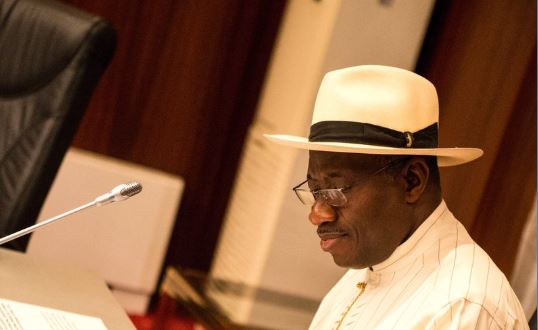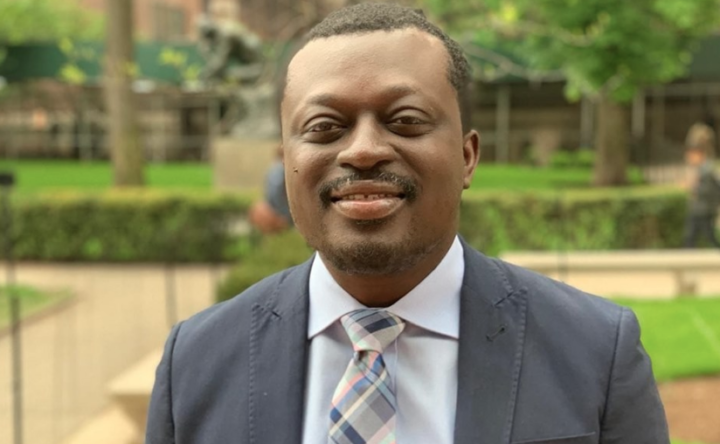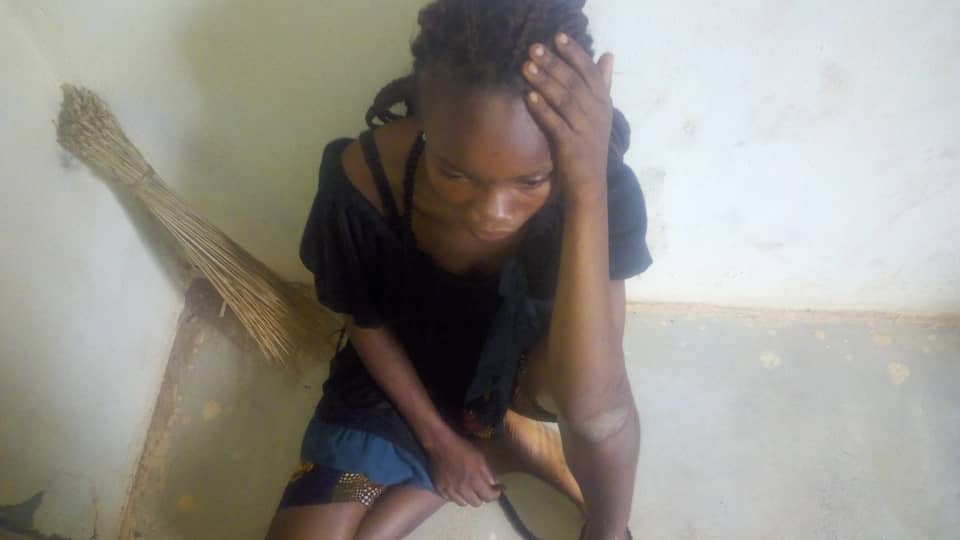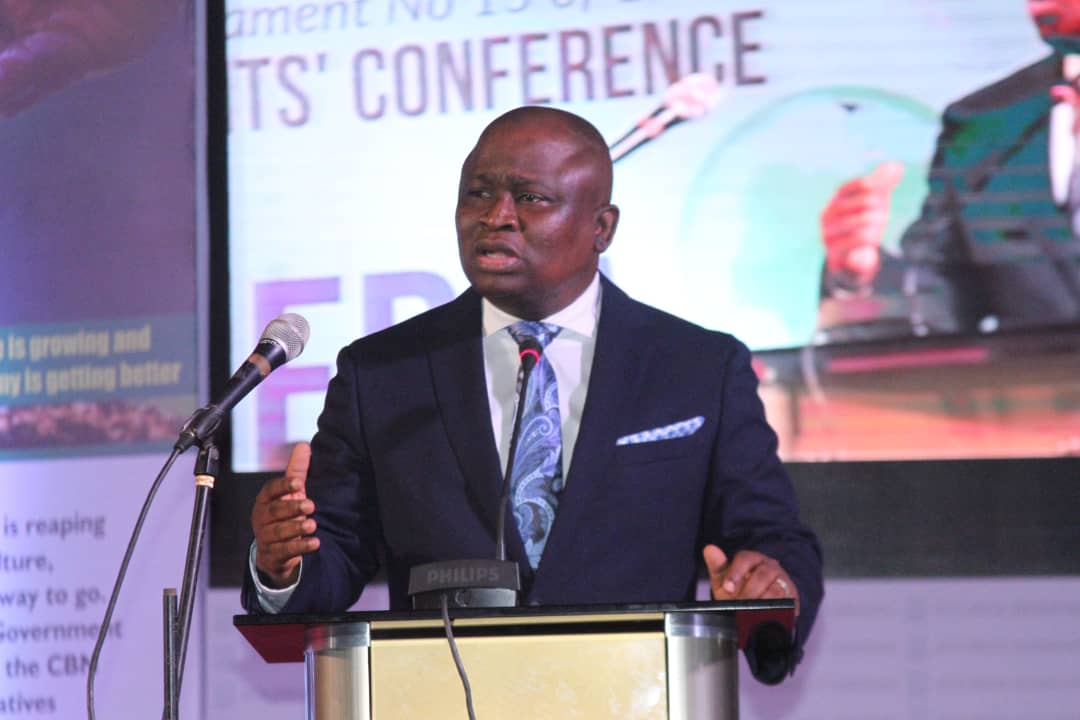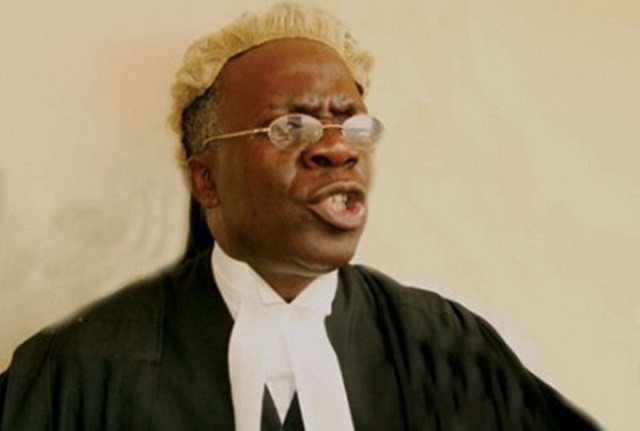Nigeria did not challenge the International Court of Justice (ICJ) judgment which ceded the Bakassi Peninsula to Cameroon because it would have made the country look “irresponsible” in the comity of nations, Mohammed Bello Adoke has said.
The former attorney-general of the federation also revealed for the first time that Cross River state got a compensation package of N12 billion from the federal government after the final implementation of the Greentree Agreement in 2012.
In his memoirs, “Burden of Service: The Reminiscences of Nigeria’s Former Attorney-General”, published by Clink Street Publishers in London and New York and now on sale in Nigeria, Adoke said President Goodluck Jonathan Jonathan had given an “irrevocable assurance” to the UN that Nigeria was not going back on the issue of Bakassi.
“I informed [the campaigners] that as a member of the UN, Nigeria was bound by Article 103 of the UN Charter to respect the judgment of the ICJ, which is an organ of the UN,” he wrote.
Advertisement
In 2002, when President Olusegun Obasanjo was in power, the ICJ had given judgment in favour of Cameroon over the disputed oil-rich Bakassi and President Umaru Musa Yar’Adua had complied by handing over the administration to the neighbouring country in 2008.
In 2012, several people came up with proposals that they could get the court to reverse itself with the 10-year time frame.
According to Adoke, some people saw it as an opportunity to make money from the federal government — even when they knew Nigeria had no solid grounds to seek a review.
Advertisement
“I was later to discover a hidden political agenda to the clamour when I received a letter from some groups reiterating the possibility of applying for a review. All that was needed, they claimed, was for the Federal Government to pay them $17 million to conduct a research to unearth new and fresh facts that would form the basis of evidence to be presented for a review. It dawned on me at that point that the agitation was nothing but a grand scheme to make money!” he wrote.
Adoke said as the 10-year deadline approached, the clamour to rescind the agreement waxed “stronger, unabated”.
“Senator Liyel Imoke, then Governor of Cross River State, and Senator Victor Ndoma-Egba, then Senate Leader, also from the state, approached me with a request to appeal the ICJ judgment. I informed them that Article 60 of the ICJ Statute foreclosed any appeal. But application for a review of the judgment was possible under Article 61 where new facts have emerged that were not available as at the time the case came before the ICJ,” he wrote.
“The materials they were presenting as new facts were already available and canvassed by the Nigerian legal team before the ICJ. It would, therefore, amount to a worthless exercise to reopen the matter which would only constitute an embarrassment to Nigeria.”
Advertisement
He also said because Cross River was going to lose a lot as all its oil wells would go with Bakassi, “I informed Imoke of the possibility of a lifeline by pointing him towards the Economic Stabilisation Fund of the Federal Government which could be used to cushion the loss of revenue. The Governor accordingly applied to the President for the grant. The request was referred to a committee chaired by Vice-President Namadi Sambo. The committee recommended that the sum of N15 billion be approved for Cross River to stabilise its poor funding resulting from the loss of revenue from the oil wells in the Bakassi Peninsula. The President eventually approved N12 billion to be paid in three equal instalments.”
Add a comment
